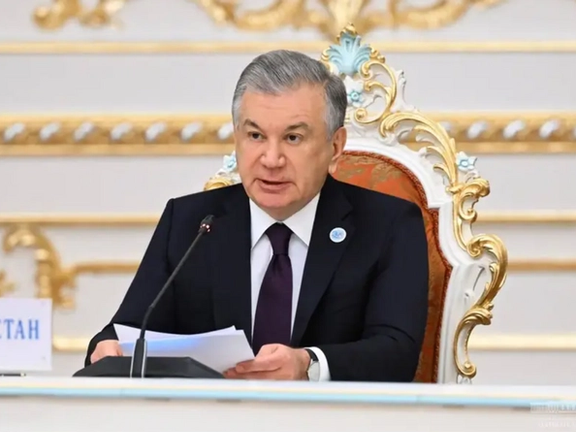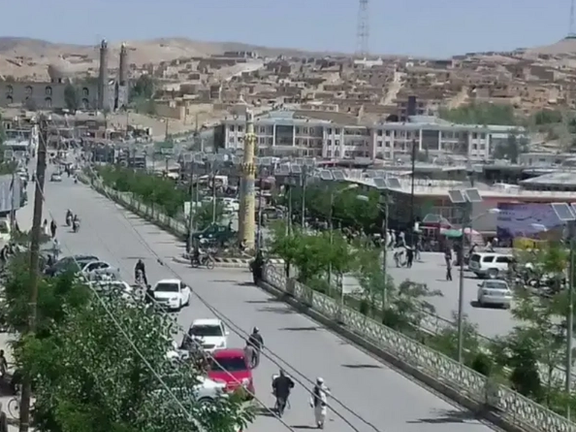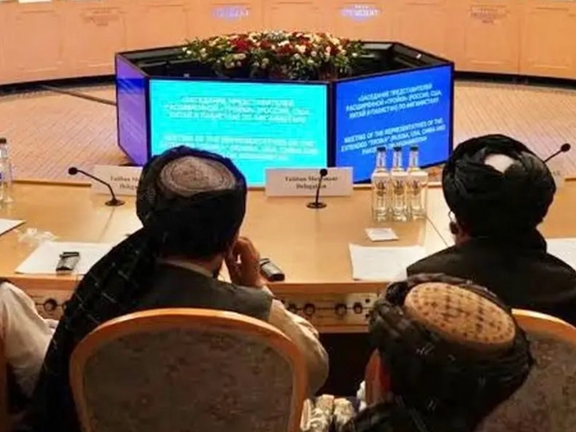The leadership of the TTP has warned that if the commanders disobey the order, they will be punished.
The letter was published on Thursday, September 14.
Since the Taliban’s takeover of power in Afghanistan, TTP has increased its attacks on the Pakistan’s security forces.
According to reports, Pakistani Taliban have gained access to the US weapons left in Afghanistan.
Following the group’s attack on an army base in Baluchistan of Pakistan, the country’s military officials said that three Afghan nationals were involved in the attack.
Previously, General Asim Munir, the Chief of Army Staff of Pakistan, had accused Afghan citizens of being involved in terrorist incidents in Pakistan.
Last month, Munir had said that Afghan militia activities have dangerous consequences for the security of the region.
On August, reliable sources confirmed to Afghanistan International that an order was issued by Mullah Hibatullah Akhundzada, the leader of Afghan Taliban, stating that war in Pakistan is prohibited and "haram".
At that time, sources said that the group did not want to publicise the order due to concerns about internal reactions.
Islamabad has asked the Taliban to publicise their leader's order public to stop the activities of TTP and its Afghan supporters.
Last month, Mullah Yaqoob, the Taliban's defence minister, also said, "When the emir prohibits the Mujahideen from fighting and they still fight, that war is not called Jihad."
Pakistani authorities have always said that TTP wages terrorist attacks against Pakistan from Afghanistan.






